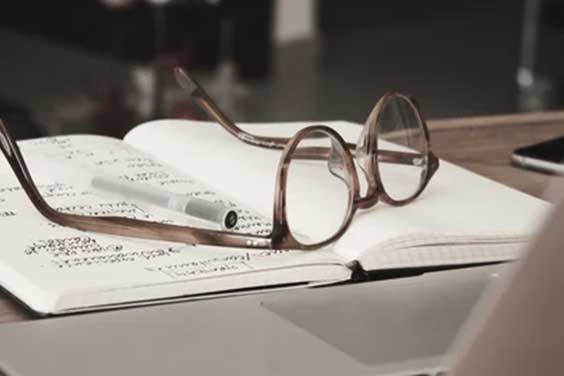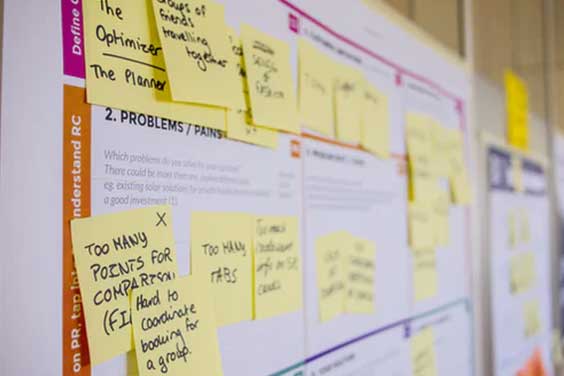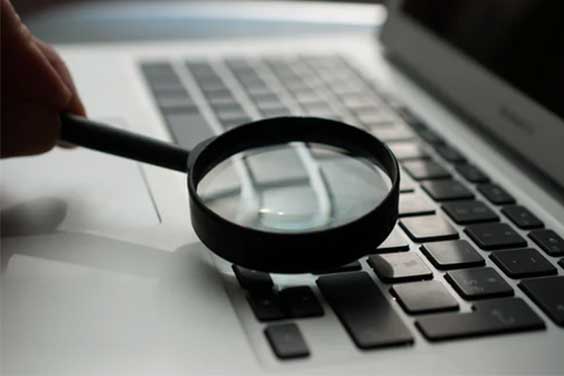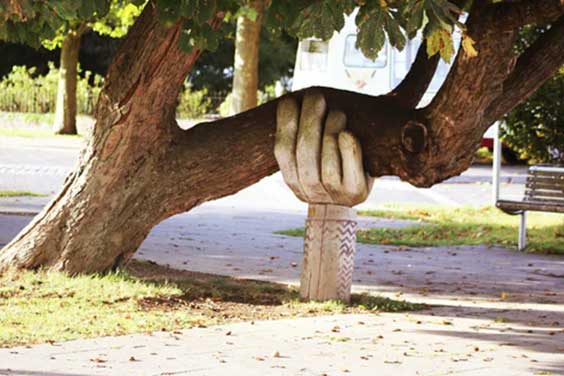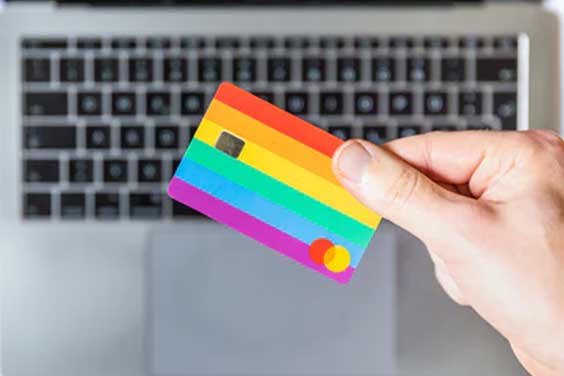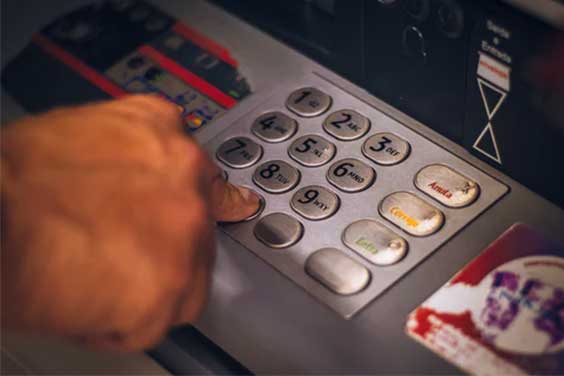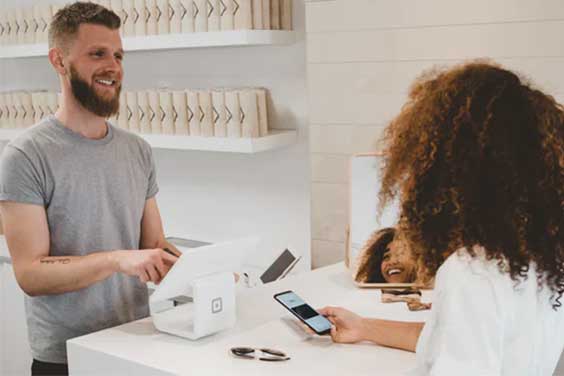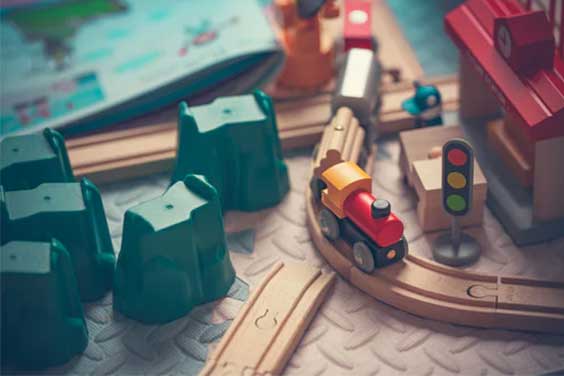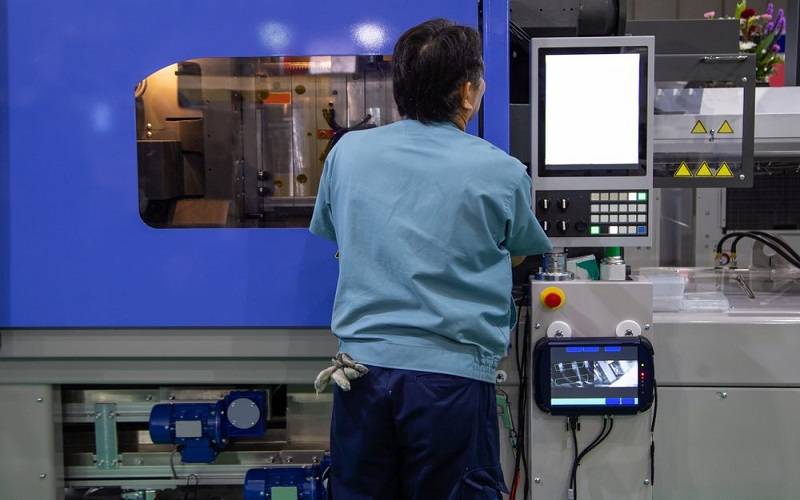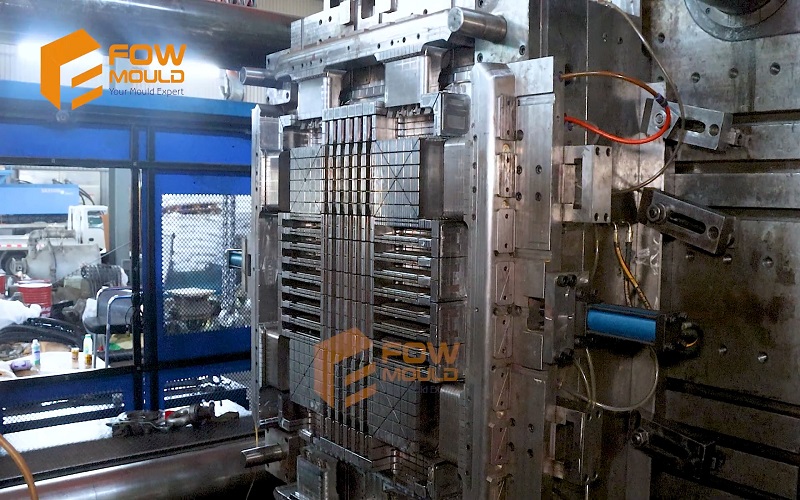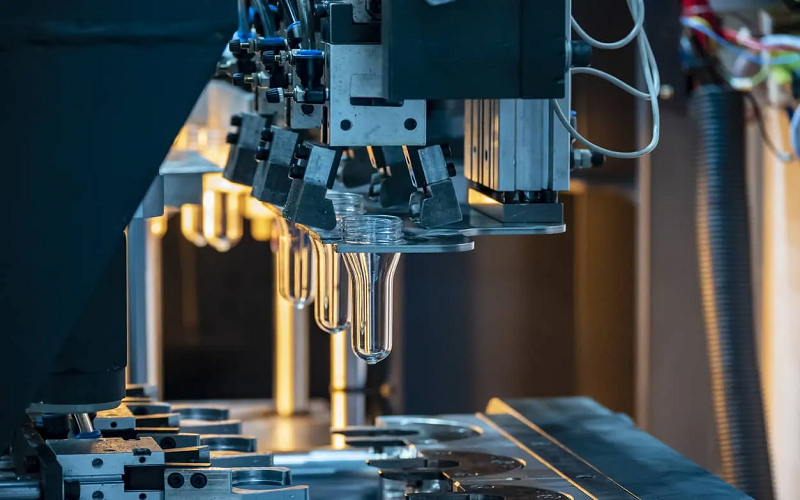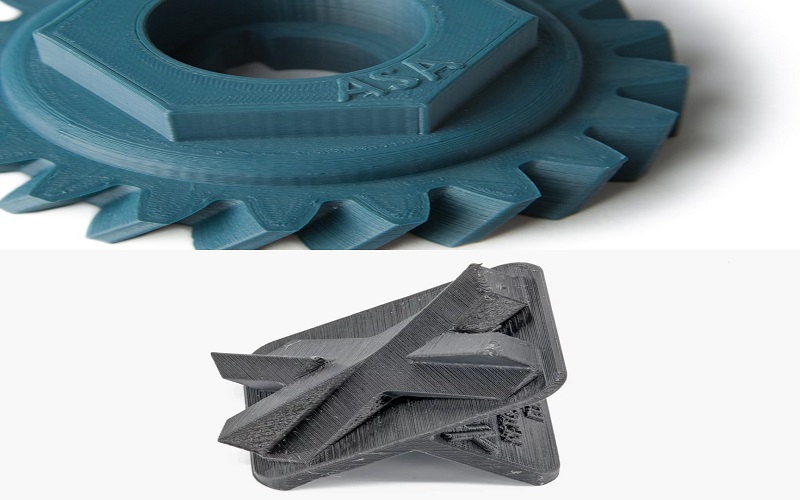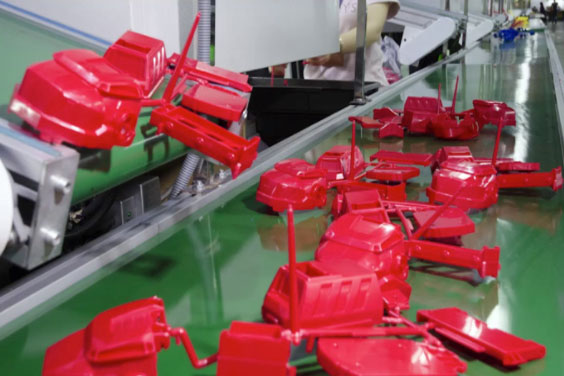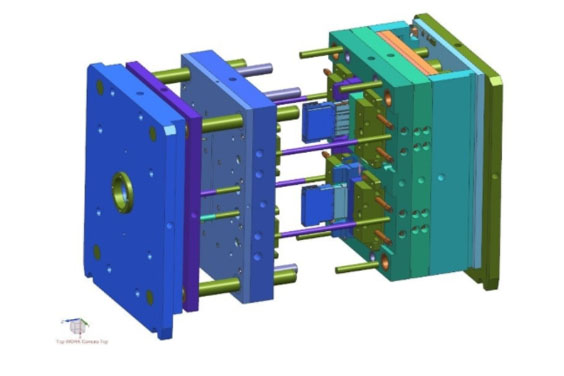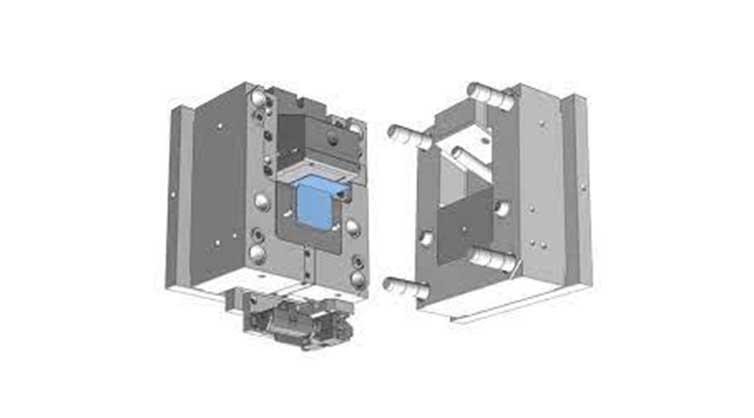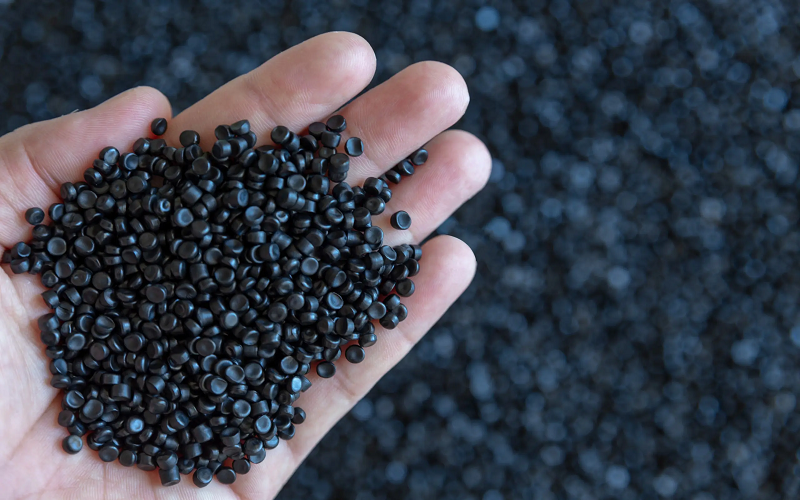
How to Start a Toy Business
- Home
- > Blog
Share :
Share :
Toy shop companies might be broad, selling a large range of toys, or narrowly focused, specializing in specialty items. It is possible to run this business from a physical place or online. Regardless of your unique approach to the industry, opening your toy store necessitates a significant quantity of start-up cash to buy your products.
There are numerous critical phases to establishing a successful start-up toy company. The following checklist will assist all movers and shakers who are beginning or are in the process of launching a toy company:
1. Conducting Research
People who wish to establish a business in the toy industry frequently question what they should investigate first…and the answer is everything! It is critical to do a thorough research process. You may argue that many inventors just developed something new or cool, or modified an old concept, but you can’t rely on that method to be successful. What harm can it do to grasp the retail sector, current trends, what youngsters are doing/how they spend their time, and so on?
It is crucial to find a professional toy supplier. If you want ti creat your own toy brand, then get a mold manufacturer who supply plastic injection molding service, including plastic toy mold or mould design.
Also, include research on what raw materials, personnel training, and molding tooling and machinery you may require if you want to make the toys in-house.
2. Business Planning
A well-thought-out plan is crucial for achieving success as an entrepreneur. Here are a few important topics to think about:
- What are the initial and ongoing expenses?
- Who is your intended audience?
- How much money may you charge your customers?
- What will you call your company?
3. Does your Idea Make Sense? Get Feedback First
One truth is that the great majority of new product inventors/want to be toy businesses who have previously produced a product have overlooked something essential about children, the toy market, or retail, etc. Most new goods from toy industry outsiders are faulty in some way that could have easily been rectified if the input had been solicited before the product’s development!
Before spending money on a product, the most accomplished toy people are fantastic at collecting feedback or sense testing their ideas and item concepts.
4. Originality in your Innovations
There are several approaches to developing profitable ideas and concepts: True originality vs. tinkering with the recipe
If you are attempting to develop something that has never been seen before, odds are you are not developing anything that will be economically successful. There are equations for concepts, motifs, play patterns, and so on. True artists may differ, but a new spin on an old formula is far more likely to work.
Toys are intended to be enjoyable, after all. Good fresh ideas boost the enjoyment factor. Although this appears to be a simple argument, there are hundreds of highly brilliant product designs that accomplish something helpful or intelligent but are not enjoyable. Children are motivated by less complex need states than adults. Making something entertaining is the simplest approach to make it appealing to children!
In-built experiential marketing: The most successful designs frequently include an in-built marketing system and/or word-of-mouth driver.
5. Registering For Taxes
You will need to sign up for a diverse array of federal and state taxes before you could even open for business. Based on which business framework you choose, you might have various options for how your company will be taxed. If you are in the United States, for example, there may be state taxes that apply to your firm.
6. Opening Business Accounts and Getting a Credit Card
The best personal asset protection requires the use of solely devoted business banking and credit accounts. Since if you mix your business and personal transactions, your personal assets are at risk if your company is sued. It is known as penetrating your corporation veil in business law.
7. Business Accounting
Recording your different costs and sources of income is essential to evaluating your company’s financial success. Keeping precise and thorough records also makes yearly tax filing much easier.
8. Permits and Licensing
Failure to get essential permissions and licenses can result in severe penalties or possibly the closure of your firm. To run a toy store, certain state permissions and licenses may be required. Toy stores should also try applying for a reselling certificate, which permits retailers to buy goods for resale without having to pay sales tax. Furthermore, certain local licensing or regulatory standards may be applicable.
9. Selling
Often, new toy firms are befuddled by all of the technicalities of the toy business, such as production, safety regulations, and so on. The fact is that none of it matters if you never sell anything.
Everything is dependent on the selling process, and while you must do enough effort to generate a feasible new product, there is the fact that even the largest toy companies do not completely develop and produce items until they have sold them. In the toy industry, there are two realities to the sales process:
- Based on a model or mock-up, successful businesses become extremely competent and effective at marketing.
- Selling is one percent inspiration and ninety-nine percent grit. To make any money in the toy industry, you must put in a lot of hard work. To succeed in toys, you must be able to grind away day after day, year after year, because the yearly selling cycle takes a long time and the progress achieved every cycle is modest. If your firm does not accomplish this, it is highly unlikely that it will prosper. There aren't many shortcuts, and there aren't any magic tricks. Even if you employ a distributor model, you must first acquire distributors before selling to them... They view hundreds, if not thousands, of goods each year.
10. Nurturing and Delivery
Table of Contents
The Bottom Line
There are, of course, more elements or areas to consider while attempting to build a start-up toy company, all of which are based on the above eight characteristics. The most crucial aspect to concentrate on is selling. Because nothing occurs until you persuade someone to buy from you. Even successful firms that create truly interesting must-have goods are just as good at marketing as they are at inventing the next great thing.
To start a toy business that does toy production in-house, consider getting molding machines and other tools from a well reputable plastic molding OEM; this, however, does require extensive research to get the best plastic molding technology for your toy production needs.

